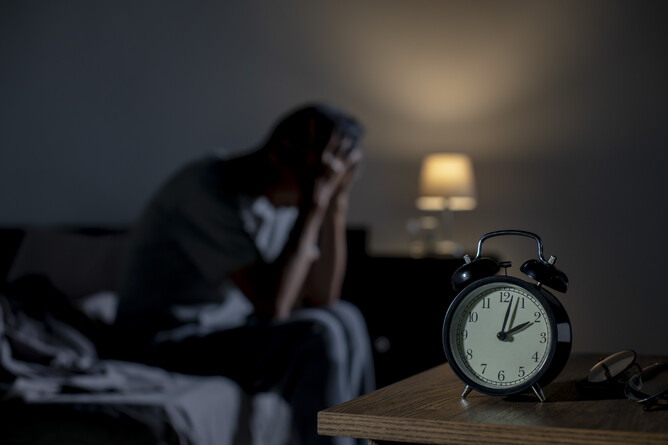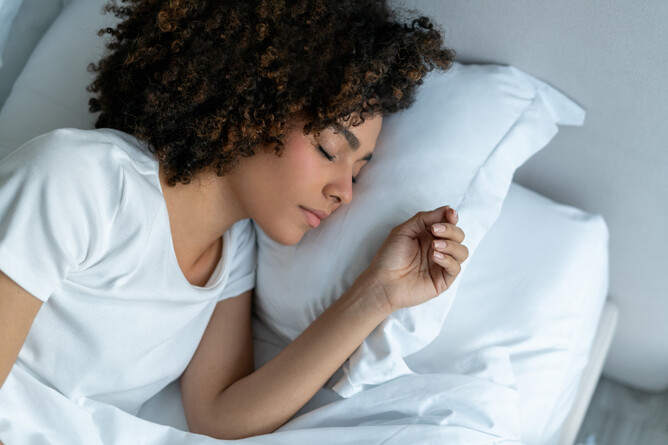Getting a good night's sleep can sometimes feel like an elusive dream. Fortunately, there's a holistic approach that's gaining recognition for its ability to promote deep relaxation and improve sleep quality: Massage Therapy.
While many people seek massage primarily for its physical benefits, such as pain relief and muscle relaxation, its impact on sleep should not be overlooked.
Stress Reduction and Relaxation
One of the primary reasons massage therapy is effective in improving sleep quality is its ability to reduce stress and induce relaxation. A study by Field, et al. (2005) found that massage therapy significantly reduced cortisol levels in participants, the hormone associated with stress. By calming the nervous system and promoting the release of endorphins, massage helps to alleviate tension and anxiety, creating an ideal physiological state for falling asleep.
Regulation of Circadian Rhythms
Our bodies operate on a natural internal clock known as the circadian rhythm, which regulates sleep-wake cycles. Research published by Field, et al. (1995) suggests that massage therapy can influence the body's internal clock by promoting the release of serotonin, a neurotransmitter involved in mood regulation and sleep-wake cycles. By enhancing serotonin levels, massage therapy may help to synchronise circadian rhythms, making it easier to fall asleep and wake up at consistent times.
Pain Relief and Muscle Relaxation
Chronic pain and muscle tension are common culprits behind poor sleep quality. Fortunately, massage therapy offers relief by targeting these underlying issues. A meta-analysis of studies conducted by Crawford, et al. (2016) concluded that massage therapy is effective in reducing pain intensity across various conditions, including chronic back pain, arthritis, and fibromyalgia. By alleviating pain and promoting muscle relaxation, massage therapy can help individuals experience more comfortable and restful sleep.
Improved Mood and Mental Well-being
A positive mood and mental well-being are closely linked to sleep quality. Massage therapy has been shown to enhance mood by increasing levels of neurotransmitters such as dopamine and serotonin, which are associated with feelings of happiness and relaxation. Research by Rapport, et al. (2010) found that massage therapy reduced symptoms of depression and anxiety in participants, leading to improved sleep quality and duration.
References:
Field, T., Diego, M., & Hernandez-Reif, M. (2005). Cortisol decreases and serotonin and dopamine increase following massage therapy. Journal of Bodywork and Movement Therapies, 9(1), 11-16.
Field, T., Grizzle, N., Scafidi, F., & Schanberg, S. (1996). Massage therapy effects on depressed pregnant women. International Journal of Neuroscience, 86(1-2), 163-167.
Crawford, C., Boyd, C., Paat, C. F., Price, A., Xenakis, L., & Yang, E. (2016). The impact of massage therapy on function in pain populations—A systematic review and meta-analysis of randomised controlled trials. Pain Medicine, 17(7), 1353-1375.
Rapaport, M. H., Schettler, P., & Larson, E. R. (2010). A preliminary study of the effects of a single session of Swedish massage on hypothalamic-pituitary-adrenal and immune function in normal individuals. Journal of Alternative and Complementary Medicine, 16(10), 1079-1088.
To find out more about the author Ben Click Here




